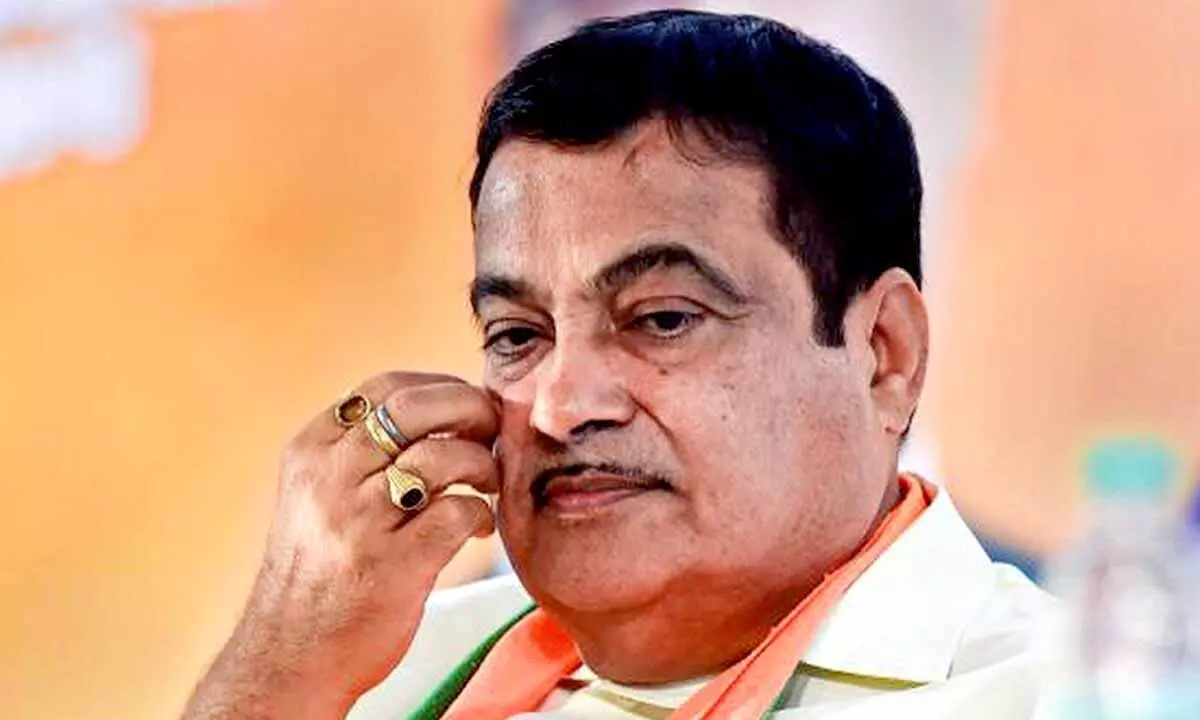Gadkari takes a call on fixing policy gaps for surety bonds
Union Road Minister will also check the general insurance industry’s preparedness to launch ‘Golden hour treatment’ for highways accident victims
image for illustrative purpose

Insurers want surety for surety bond
• Govt and IRDAI allowed general insurers to launch surety bonds since April 1, 2022
• But no insurer has been able to do it as there are lots of technical and legal gaps that need to be addressed
• General insurers wants changes in Indian Contract Act and IBC
• So that surety bonds can be at par with bank guarantees when it comes to recourse available to them in case of a default
Mumbai: Union Minister for Road Transport & Highways (MoRTH), Nitin Gadkari will be interacting with the IRDAI chairman Debasish Panda and CEOs of general insurance companies in New Delhi on Wednesday to sort out policy bottlenecks for launching surety bonds.
Moreover, Gadkari will also check the general insurance industry's preparedness to launch 'Golden hour treatment' for highways accident victims.
Confirming about the forthcoming meeting, a top brass official of an insurance company told Bizz Buzz on condition of anonymity, "we would like to know what the modalities are in case of default. I mean where does your case stand in case of default? Chances of your getting the money back in case of default must be secured at par with the banks, which have got an option of NCLT in such cases."
Though the government and the IRDAI have allowed the general insurers to launch Surety Bonds since April 1, no insurer has been able to do it as there are lots of technical and legal gaps that need to be addressed.
To facilitate support for the implementation of large scale projects finance particularly in the area of road projects of NHAI, finance minister Nirmala Sitharaman, in her Union Budget 2022-23 had said that bidders for government projects could supply surety bonds instead of bank guarantees, which are much more expensive thus improving the viability of their bid.
After the Union Budget, the IRDAI had come out with the detailed norms on the issuance of general insurers by the general insurers. However, the general insurance industry wanted changes in Indian Contract Act and IBC so that surety bonds can be at par with bank guarantees when it comes to recourse available to them in case of a default.
Bhargav Dasgupta, MD & CEO, ICICI Lombard General Insurance said, "Given surety bonds is an entirely new line of business, insurance companies would need clarity on various aspects such as pricing, the recourse available against defaulting contractors, reinsurance options and global best practices."
As an industry, we would urge the regulatory bodies to facilitate changes to laws such as the Indian Contract Act and the IBC and bring surety bonds on par with bank guarantees regarding recourse available to issuers. This will help the industry approach surety solutions with much more confidence, but it will be even more a viable proposition for all stakeholders, he added.
Afterwards, TL Alamelu, the then member, Non-Life, Irdai had clarified in the matter of surety bonds and recovery recourse available to insurers, the government is willing to treat insurers at par with banks within the frame work of Insolvency and Bankruptcy Code (IBC).
"There is a huge demand. However, we do understand the concerns raised by the insurers that they should have a recourse to recovery on par with the banks. This aspect has been taken up with the government and I can tell you that they have reacted extremely positively on the issue of trying to keep insurers at par with banks in the IBC code," Alamelu had said.
However, nothing has happened on the government front till now and the Indian general insurers have not launched a single products till today. In the meeting, Gadkari will also discuss with general insurers Golden Hour Scheme to Victims of Road Accidents Victims as required by the amendments in Motor Vehicles Act (MV Act) 1988.
Under the scheme, any injured road accident victim will be given immediate medical attention during the 'Golden Hour'. Those severely injured will be shifted to the nearest hospital and/or to trauma care hospital as may be required by a designated agency.
According to The MV Act 1988, 'Golden Hour' means the time period lasting one hour following a traumatic injury during which there is the highest likelihood of preventing death by providing prompt medical care.
Cashless treatment would be given to such injured road accident victim until the injured stabilizes. The scheme is expected to be notified by MORTH soon and also the agency that will administer the shifting of the victim and/or medical treatment at Hospital. Both private sector and state-owned insurers are likely to attend the meeting which was likely to be concluded by tomorrow evening.

